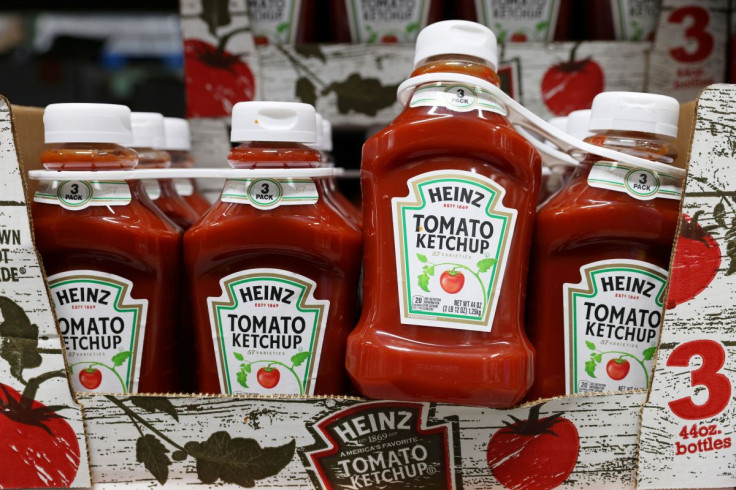Kraft Heinz To Break Apart, Ending A Decade-Old Merger

Kraft Heinz has announced it will split into two independent, publicly traded companies, formally unwinding the blockbuster 2015 merger that was once hailed as a model of scale and efficiency. The separation, slated for completion in the second half of 2026, reflects both a bid to revive lagging growth and a recognition that the two sides of the business have increasingly different needs.
According to Reuters, the breakup will create two distinct entities. The first, North America Meals Co., will oversee packaged meal and snack brands such as Oscar Mayer, Lunchables, and Kraft Singles, with estimated annual sales of $10.4 billion. The second, Global Taste Elevation Co., will house Kraft Mac & Cheese, Philadelphia cream cheese, and Heinz condiments, generating revenue of about $15.4 billion worldwide.
Executives argued that the split will give each business a more focused strategy, streamline operations, and provide investors with clearer choices. "By separating these portfolios, we are unlocking value that has been overshadowed within the current structure," Kraft Heinz CEO Carlos Abrams-Rivera said in a statement cited by The Guardian.
The breakup marks a sharp reversal for a company that, under the influence of private equity firm 3G Capital and Warren Buffett's Berkshire Hathaway, pursued aggressive cost-cutting after the 2015 tie-up. While those measures delivered short-term gains, they also hampered brand investment and innovation, leaving Kraft Heinz struggling to compete as consumers shifted toward fresher, healthier foods.
Warren Buffett, who was instrumental in financing the original merger, has not been shy about expressing disappointment. As reported by MarketWatch, Buffett criticized the move, calling it a "capitulation" that underscores the failure of the strategy he once championed. "You don't fix a bad marriage by moving into separate bedrooms," Buffett reportedly said, questioning whether splitting the company will resolve its deeper structural issues.
Analysts see parallels with other consumer-goods giants that have pursued similar restructuring in the face of shifting demand. Unilever and Kellogg, for example, have both sought to separate slower-growth legacy brands from higher-growth categories. "This is part of a broader trend in packaged foods," Neil Saunders of GlobalData told Reuters, noting that "simplification is the new growth strategy."
Still, risks remain. Some investors worry that North America Meals Co. could struggle as consumers increasingly shun processed meats and packaged snacks. Others argue that Global Taste Elevation Co., while globally recognized, faces its own competition from private-label and niche brands.
For shareholders, the split may bring immediate benefits in terms of transparency and potentially higher valuations for each unit. But the longer-term question is whether the two businesses can stand on their own in an industry where scale, distribution muscle, and brand loyalty remain critical.
The separation, once completed, will mark the end of one of the food industry's biggest mergers—a deal once touted as a template for consolidation but now remembered as a cautionary tale about the risks of focusing on cost-cutting over innovation.
© Copyright IBTimes 2025. All rights reserved.




















